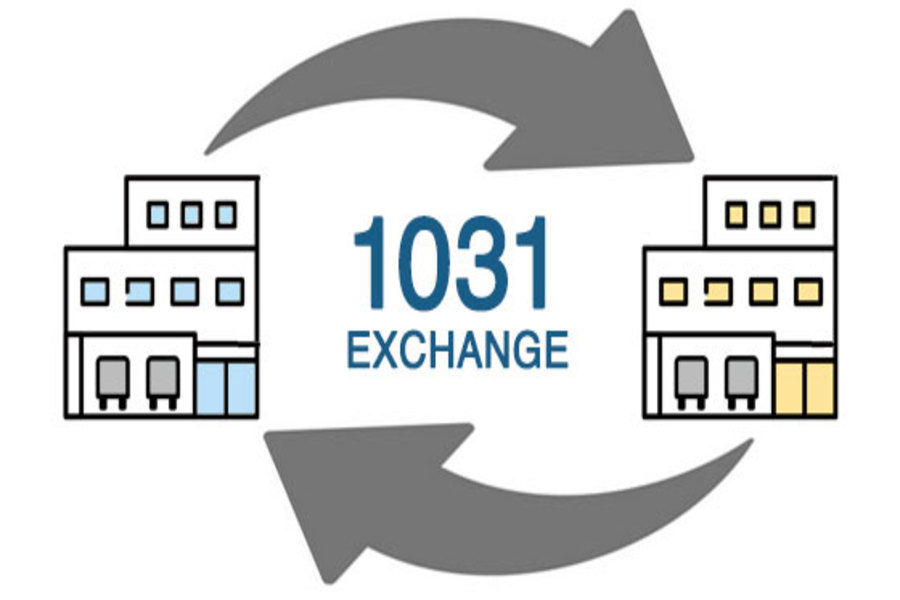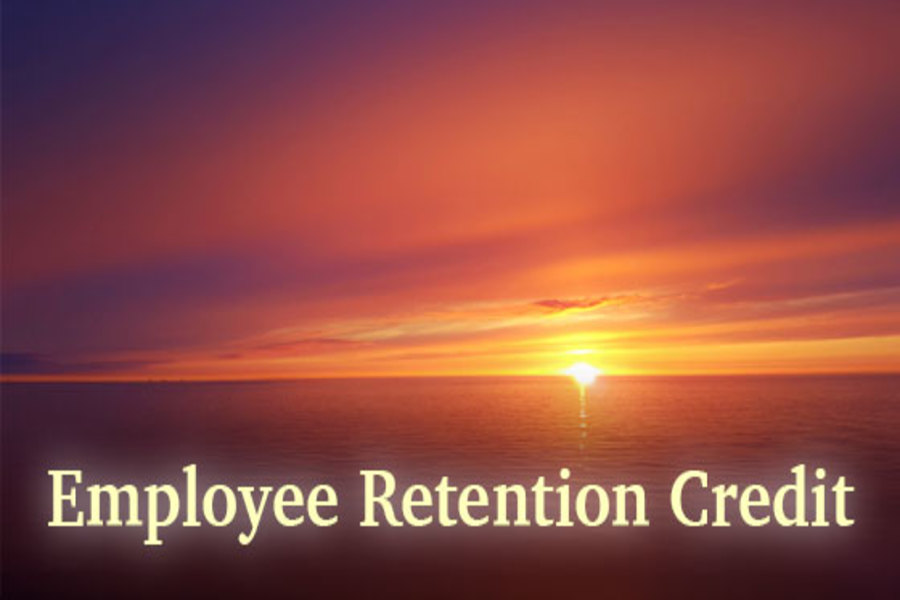As posted to the RethinkX YouTube Channel on 11/04/2021 (Run Time 32 min, 32 sec) We are on the cusp of the fastest, deepest and most consequential transformation of civilization in history. Yet while humanity is on the brink of this existential transformation, we’re blind to the deeper processes of change. "Rethinking Humanity" takes viewers on a whirlwind tour of the rise and fall of civilizations through a powerful lens that makes sense of the past, so that we can step into the present and create our future. Throughout history, the inability to see what is going on left society looking inward and backwards. Desperate for stability and certainty. Incapable of making a different choice. The unavoidable result each time were efforts to patch up an order already in...

The value of a business interest is valid as of a specific date. The effective date is a critical cutoff point because events that occur after that date generally are not taken into account when estimating value. However, there are two key exceptions when subsequent events count. (1) When an event is foreseeable Subsequent events that were reasonably foreseeable on the effective date are usually factored into a valuation. That’s because, under the definition of fair market value, hypothetical willing buyers and sellers are presumed to have reasonable knowledge of relevant facts affecting the value of a business interest. Examples of potentially relevant subsequent events are: An offer to purchase the business, A bankruptcy filing, The emergence of new technology or government regulations, A natural or...
Do you want to sell commercial or investment real estate that has appreciated significantly? One way to defer a tax bill on the gain is with a §1031 “like-kind” exchange where you exchange the property rather than sell it. With real estate prices up in some markets (and higher resulting tax bills), the like-kind exchange strategy may be attractive. A like-kind exchange is any exchange of real property held for investment or for productive use in your trade or business (relinquished property) for like-kind investment, trade or business real property (replacement property). For these purposes, like-kind is broadly defined, and most real property is considered to be like-kind with other real property. However, neither the relinquished property nor the replacement property can be real property held primarily...
Valuation experts often use discounted cash flow (DCF) techniques to determine the value of a business or estimate economic losses. A critical input in a DCF model is the cost of capital. This is the rate that’s used to discount future earnings into today’s dollars. Small changes in this rate can have a major impact on the expert’s conclusion, so it’s important to get it right. Debt vs. equity The term “cost of capital” refers to the expected rate of return that the market requires to attract funds to a particular investment. The cost of capital is based on the perceived risk of the investment. Risky companies (or investments) warrant a higher discount rate and, therefore, a lower value (and vice versa). A business can be financed with...
As posted to the Munro Live YouTube Channel on 11/24/2021 (Run Time 46 min, 32 sec) Regarding the accelerating move to EVs, legendary automotive engineer Sandy Munro believes that OEMs are experiencing Scotoma, aka Paradigm Paralysis. They cannot physiologically see the data that is unfolding around them. When a paradigm shifts, success in the old paradigm will block your vision of the future. When a paradigm changes, everything goes back to zero. Your past success means nothing. GM promised 20 new EVs by 2023, yet they brought zero to the recent 2021 LA Auto Show. The EV technology disruption happening in the automotive industry is of an order of magnitude such that many OEMs simply will not survive. Who's going to win when one company (or country) is thinking...
In a business valuation context, the term “marketability” refers to the ability to quickly convert property to cash at minimal cost. While publicly traded stocks are readily marketable, interests in private companies typically require substantial time, cost and effort to sell. To the extent that public stock data is used to value private businesses, a discount may be warranted to reflect the lack of marketability. However, an important distinction must be made when applying these discounts to controlling interests. Minority vs. controlling interests Marketability discounts are well established when valuing minority interests in closely held businesses. Several empirical studies support and quantify these discounts. Restricted stock and pre-IPO studies, for example, demonstrate the spread between prices paid for freely traded shares and identical shares that are less...
Awards and settlements are routinely provided for a variety of reasons. For example, a person could receive compensatory and punitive damage payments for personal injury, discrimination or harassment. Some of this money is taxed by the federal government, and perhaps state governments. Hopefully, you’ll never need to know how payments for personal injuries are taxed. But here are the basic rules — just in case you or a loved one does need to understand them. Under tax law, individuals are permitted to exclude from gross income damages that are received on account of a personal physical injury or a physical sickness. It doesn’t matter if the compensation is from a court-ordered award or an out-of-court settlement, and it makes no difference if it’s paid in a...
The Employee Retention Tax Credit (ERTC) was a valuable tax credit that helped employers survive the COVID-19 pandemic. A new law has retroactively terminated it before it was scheduled to end. It now only applies through September 30, 2021 (rather than through December 31, 2021) — unless the employer is a “recovery startup business.” The Infrastructure Investment and Jobs Act of 2021 (IIJA 2021), which was signed by President Biden on November 15, 2021, doesn’t have many tax provisions but this one is important for some businesses. If you anticipated receiving the ERTC based on payroll taxes after September 30 and retained payroll taxes, you must determine how and when to repay those taxes and address any other compliance issues. The American Institute of Certified Public Accountants (AICPA)...
As posted to the Now You Know YouTube Channel on 11/5/2021 (Run Time 29 min, 54 sec, when starting at time code 3:22) Now You Know sits down with legendary automotive engineer Sandy Munro in November 2021 to compare and contrast today's unfolding Chinese EV rollout with the Japanese vehicle invasion of the 1970s and 1980s. On the Chinese EV business model, Sandy comments, "We're playing checkers . . . one move at a time. They're playing chess. If you're business plan is geared toward the book 'The Art of War', you'll win." (This is Blog Post #1130) Sandy Munro is an automotive engineer who specializes in machine tools and manufacturing. He joined the Ford Motor Company in 1978 and then started his own consulting company, Munro & Associates,...
Recent pass-through entity (PTE) tax (AB-150) clarifications from the Franchise Tax Board (FTB) underscore that detailed planning is critical when considering this credit. For an overview of AB-150, also see our initial 8/15/21 post on this subject: "California AB-150 Provides SALT Cap Workaround". PTE Election The election to pay the tax is: made annually, is irrevocable, and can only be made on an original, timely filed return, including extensions PTE Tax Due Date (2021 Tax Year) For the initial year the PTE tax credit concepts exists (2021) the tax is due by original due date of the 2021 tax year return, without regard to extensions. For calendar-year taxpayers, that is March 15, 2022. Logistics of PTE Tax Payments / K-1 Recipient Credits Prior to the original due date of the tax...











